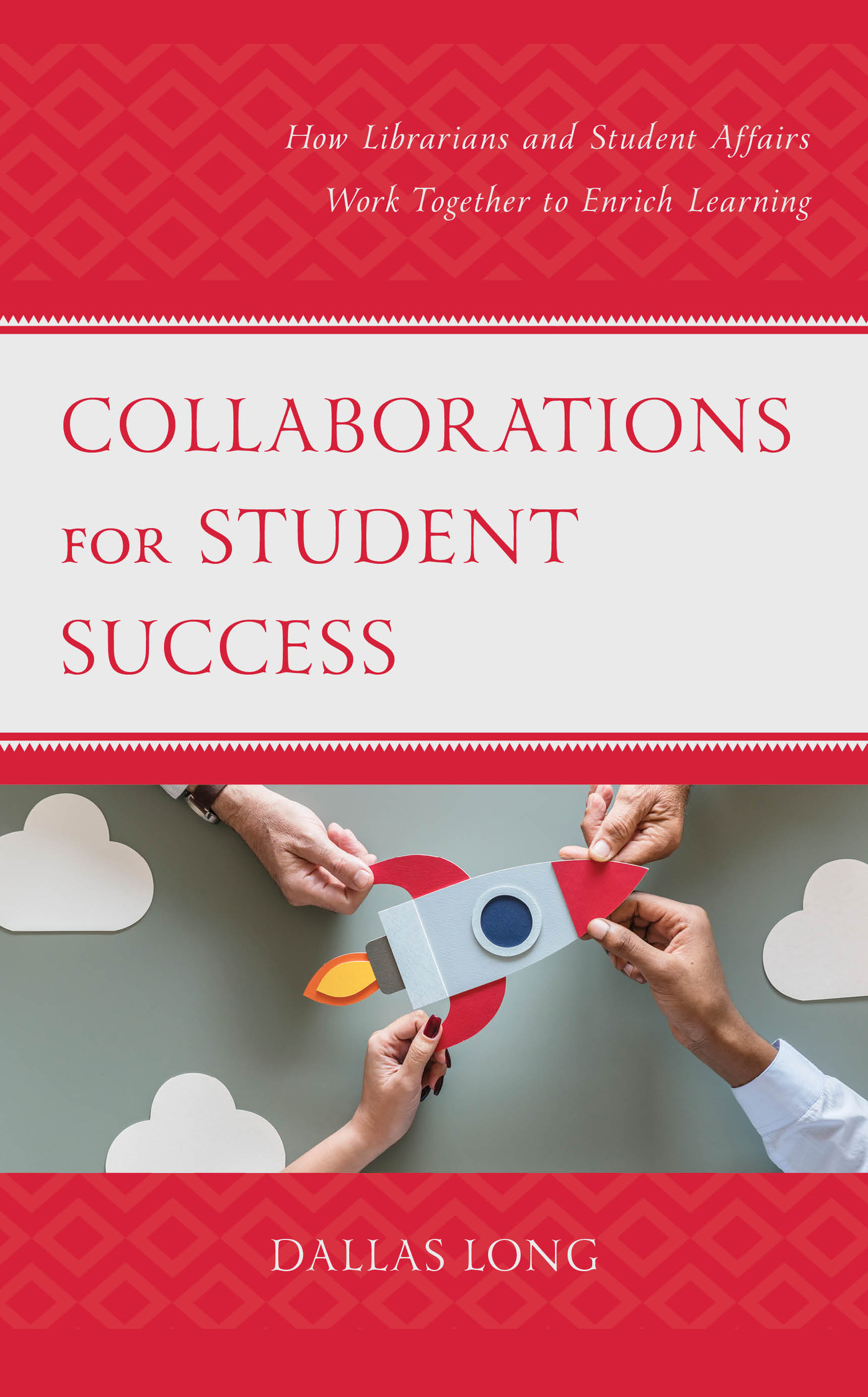Collaborations for Student Success
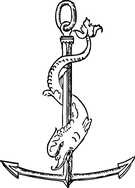
Beta Phi Mu Scholars series
Founded in 1948, Beta Phi Mu is the international library and information studies honor society. Its mission is to recognize and encourage scholastic achievement among library and information studies students.
The Beta Phi Mu Scholars series publishes significant contributions and substantive advances in the field of library and information science. Series editor Andrea Falcone is committed to presenting work which reflects Beta Phi Mus commitments to scholarship, leadership, and service. The series fosters creative, innovative, and well-articulated works that members of the field will find influential.
Recently published titles in the series are:
Book Banning in 21st-Century America by Emily J. M. Knox
Young Adult Literature, Libraries, and Conservative Activism by Loretta M. Gaffney
School Librarianship: Past, Present, and Future edited by Susan W. Alman
Six Issues Facing Libraries Today: Critical Perspectives by John M. Budd
Access to Information, Technology, and Justice: A Critical Intersection by Ursula Gorham
Collaborations for Student Success: How Librarians and Student Affairs Work Together to Enrich Learning by Dallas Long
Collaborations for Student Success
How Librarians and Student Affairs
Work Together to Enrich Learning
Dallas Long
ROWMAN & LITTLEFIELD
Lanham Boulder New York London
Published by Rowman & Littlefield
An imprint of The Rowman & Littlefield Publishing Group, Inc.
4501 Forbes Boulevard, Suite 200, Lanham, Maryland 20706
www.rowman.com
6 Tinworth Street, London SE11 5AL
Copyright 2019 by Dallas Long
All rights reserved. No part of this book may be reproduced in any form or by any electronic or mechanical means, including information storage and retrieval systems, without written permission from the publisher, except by a reviewer who may quote passages in a review.
British Library Cataloguing in Publication Information Available
Library of Congress Cataloging-in-Publication Data
Names: Long, Dallas, author.
Title: Collaborations for student success : how librarians and student affairs work together to enrich learning / Dallas Long.
Description: Lanham : Rowman & Littlefield, [2019] | Series: Beta Phi Mu scholars series | Includes bibliographical references and index.
Identifiers: LCCN 2019018233 (print) | LCCN 2019022262 (ebook) | ISBN 9781538119075 (cloth : alk. paper)
Subjects: LCSH: Academic librariansProfessional relationshipsUnited States. | Student affairs administratorsProfessional relationshipsUnited States. | Libraries and collegesUnited States. | Libraries and collegesUnited StatesCase studies.
Classification: LCC Z682.4.C63 L66 2019 (print) | LCC Z682.4.C63 (ebook) | DDC 027.7dc23
LC record available at https://lccn.loc.gov/2019018233
LC ebook record available at https://lccn.loc.gov/2019022262
 TM The paper used in this publication meets the minimum requirements of American National Standard for Information Sciences Permanence of Paper for Printed Library Materials, ANSI/NISO Z39.48-1992.
TM The paper used in this publication meets the minimum requirements of American National Standard for Information Sciences Permanence of Paper for Printed Library Materials, ANSI/NISO Z39.48-1992.
Acknowledgments
First, I wish to thank my husband, Jason, and my family for their encouragement and patience as I worked on this book and during all of my academic endeavors. This book would certainly not have been possible without their understanding. I am so fortunate.
I am also grateful for the support of my current and former deans, Drs. Shari Zeck and Dane Ward, for the gift of time and for their confidence in my contributions. Perhaps most importantly, I owe a debt of gratitude to the many outstanding student affairs colleagues I have had over the course of my career for their willingness to teach me about their work. Not least, I thank Jim Palmer, Phyllis McCluskey-Titus, and Scott Walter for their interest in my research, for their ideas, and for the generosity of their time.
And, of course, I thank the librarians and student affairs professionals who so generously were part of my learning and gave me insights into their passions and professionals lives.
Introduction
Librarians are exploring new roles and new partnerships on college campuses in order to improve students experiences and enable learning outside the classroom. Other than faculty members, who should be librarians potential partners? Student affairs professionals are one group of educators with much to offer. They are responsible for many tasks ranging from the management of residence halls to connecting students with service learning opportunities to helping students explore future careers. They make up one of the fastest growing groups in higher education. They are the experts in student development and the student experience.
Librarians and student affairs professionals know very little of each others roles in the academic enterprise. The purpose of Collaborations for Student Success: How Librarians and Student Affairs Work Together to Enrich Learning is to explore the roles of librarians and student affairs professionals in student success and learning and to identify their respective perceptions of each others work. At its heart, this book is about collaboration. Opportunities for collaboration between librarians and student affairs professionals are potentially rich and offer the promise of improved and high-quality student experiences. What this book is not about is examining specific collaborations between librarians and student affairs professionals; readers seeking ideas to replicate at their institutions will find case studies in my review of the literature. Rather, I am exploring the potential barriers and conditions that will impede or facilitate collaboration between librarians and student affairs professionals. You cannot collaborate with people whose work you do not yet understand.
The idea for Collaborations for Student Success, and the research that girds it, arose from my own lived experiences as a librarian inhabiting the world of student affairs professionals. For four years, I was the residential life librarian, fully and entirely embedded in a major research universitys undergraduate residence halls. I partnered with student affairs colleagues from residence life and university housing, career services, the student union, counseling and health services, Greek life, and minority student services. Together, we created avenues for programming, library outreach, and specialized services for undergraduate students.
This work was not without challenges. Often my student affairs colleagues had a limited understanding of my work as a librarian and my ability to work outside the confines of a library. Worse, I had barely come into contact with student affairs professionals prior to accepting this new assignment. Suddenly I was a stranger in a strange landat sea with a professional language I did not speak, little knowledge of the values or traditions that inspired my colleagues, and limited insight into how they taught, advised, and enabled students into increasingly sophisticated cognitive and psychosocial skills and identity development. It was only after I took the time to learn about their training, the core values that guide their work, their approaches to teaching and mentoring, and their specialized language that I was able to successfully forge connections that allowed us to build programming and initiatives together.


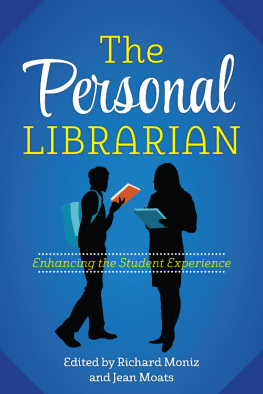

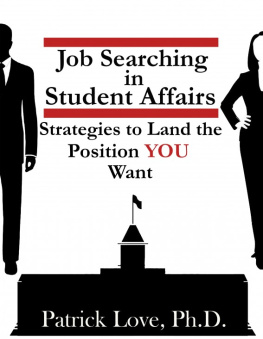
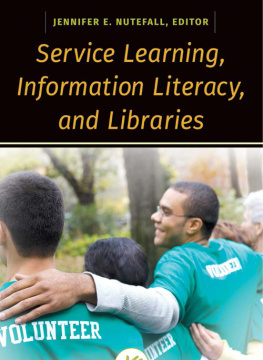
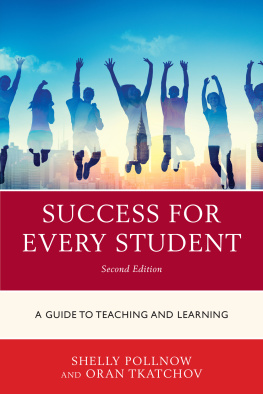
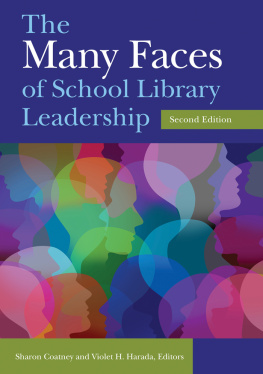
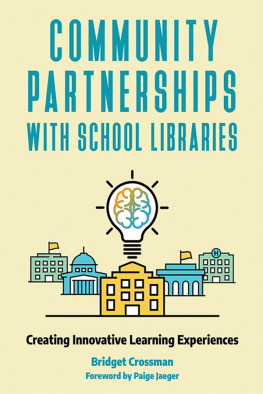
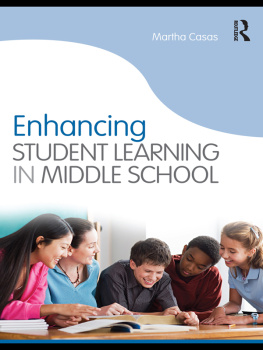

 TM The paper used in this publication meets the minimum requirements of American National Standard for Information Sciences Permanence of Paper for Printed Library Materials, ANSI/NISO Z39.48-1992.
TM The paper used in this publication meets the minimum requirements of American National Standard for Information Sciences Permanence of Paper for Printed Library Materials, ANSI/NISO Z39.48-1992.